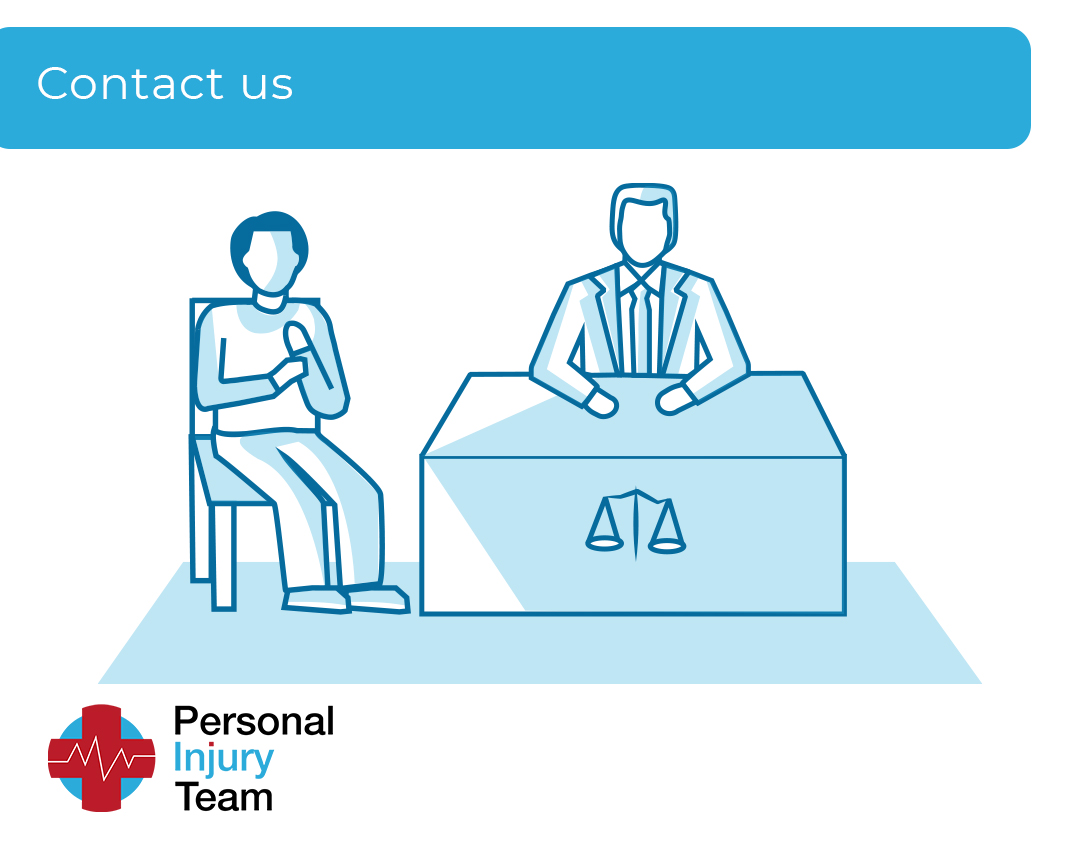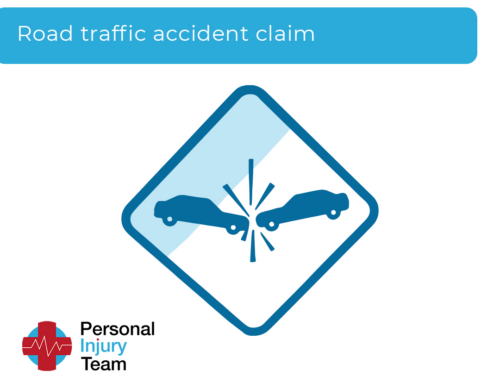Following a road traffic accident, what you do can be very important to making a successful compensation claim. Making a personal injury claim may not be the first thing on your mind following a road traffic accident, but you may need to make one for the effects of the injuries on your life.
A road traffic accident happens out of the blue. You could be out for a walk, cycling home from work or driving the kids to school in the morning when another road user may hit you.
The accident may not be your fault, and you could suffer broken limbs and nerve damage, or the kids may have cuts, bruises and other more severe injuries following a RTA.
What is essential is to know what to do following a road traffic accident, and here we aim to guide you along the right steps to making a successful compensation claim.
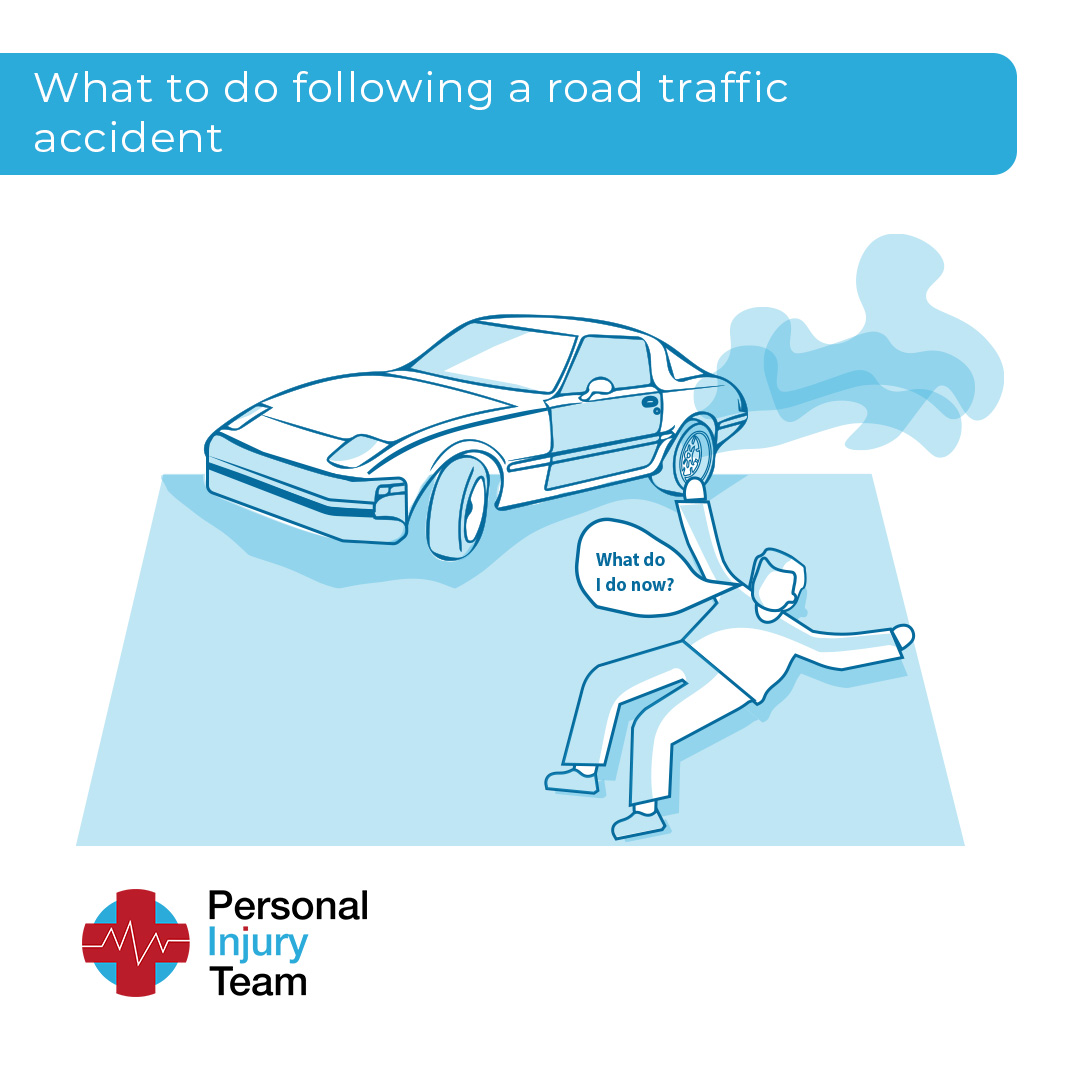
What is a road traffic accident compensation claim?
A road traffic accident compensation claim is when you seek compensation for the effects of the injuries on your life today and in the future.
Every road user owes other road users a duty of care. If a road user breaches their duty of care and causes you an injury, you may have a road traffic accident compensation claim.
You could have a road traffic accident compensation when you are injured:
There are many types of road traffic accidents and many types of road traffic accident injuries.
Immediately following any road traffic accident, you should:
A No Win No Fee personal injury solicitor may handle a successful road traffic accident claim.
Your personal injury solicitor will need as much evidence as possible to make the claim.
Evidence to help support a road traffic accident claim
To make a road traffic accident claim, you will need to gather evidence, such as from eyewitnesses, to help make your personal injury claim successful.
Your personal injury solicitors can help you gather evidence and tell you what you will need for the compensation claim, but the more evidence you collect, the better it will be for your case.
Evidence to gather following a road traffic accident:
The slightest piece of evidence may be vital to making a successful road traffic accident claim.
You are the one who suffered the injuries and making the compensation claim. You will need all the evidence possible to help your case against the person responsible for the road traffic accident.
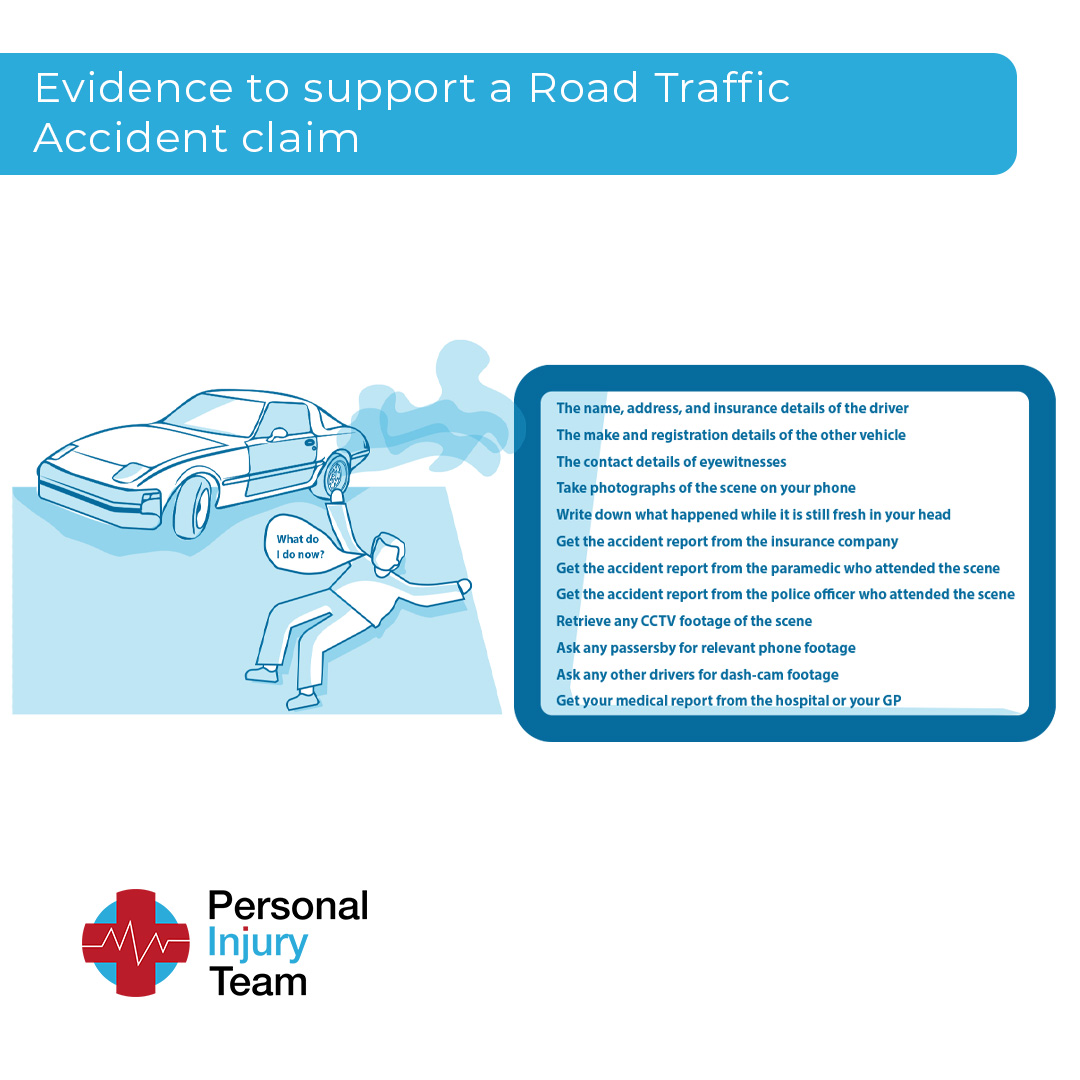
Who can be responsible for a road traffic accident?
The driver of the other vehicle could be responsible for your road traffic accident. It may be the lorry driver going too fast on the roundabout or the car driver who did not look before turning left who hits you, but they can be responsible if you suffer an injury.
Drivers must follow the rules of the road and avoid accidents with other road users. When they breach their duty of care to you, causing you an injury, they may be responsible for the road traffic accident claim.
More than 28,000 people were seriously injured on UK roads in 2023, an increase from previous years. On average, about five people are killed in UK road traffic accidents every day, and 80 people are seriously injured. There were over 110,000 minor injuries on UK roads in 2023 with over 96,000 injuries in England alone. Over 5,000 pedestrians are involved in road traffic accidents annually, and the annual figure for cyclists is now over 4,000.
People who may be responsible for a road traffic accident in the UK:
If you are injured in any road traffic accident, you could have a personal injury compensation claim.
Knowing what to do after a road traffic accident could be crucial to making a successful compensation claim.
A No Win No Fee personal injury solicitor can advise and guide you through making a successful road traffic accident claim.
What should you do following a hit-and-run road traffic accident?
Following a hit-and-run road traffic accident, you should contact the police. It is unlikely you will be able to find the driver of the other car but the police may, using CCTV and other tools.
When the police locate the other driver, you can make a personal injury claim against their insurance company.
The Motor Insurers Bureau can handle any claim when you cannot trace the driver in your road traffic accident. The MIB was established to handle all hit-and-run claims, and you can make a compensation claim against the MIB.
A claim is the legal process to get compensation from the driver responsible for your road traffic accident injury. Making a claim against the MIB is very similar to claiming against any other insurance company.
The claim will be for the damages incurred for the injury and the effects on your life.
Your personal injury solicitor can handle a claim through the MIB and guide you through the steps to make a road traffic accident claim.
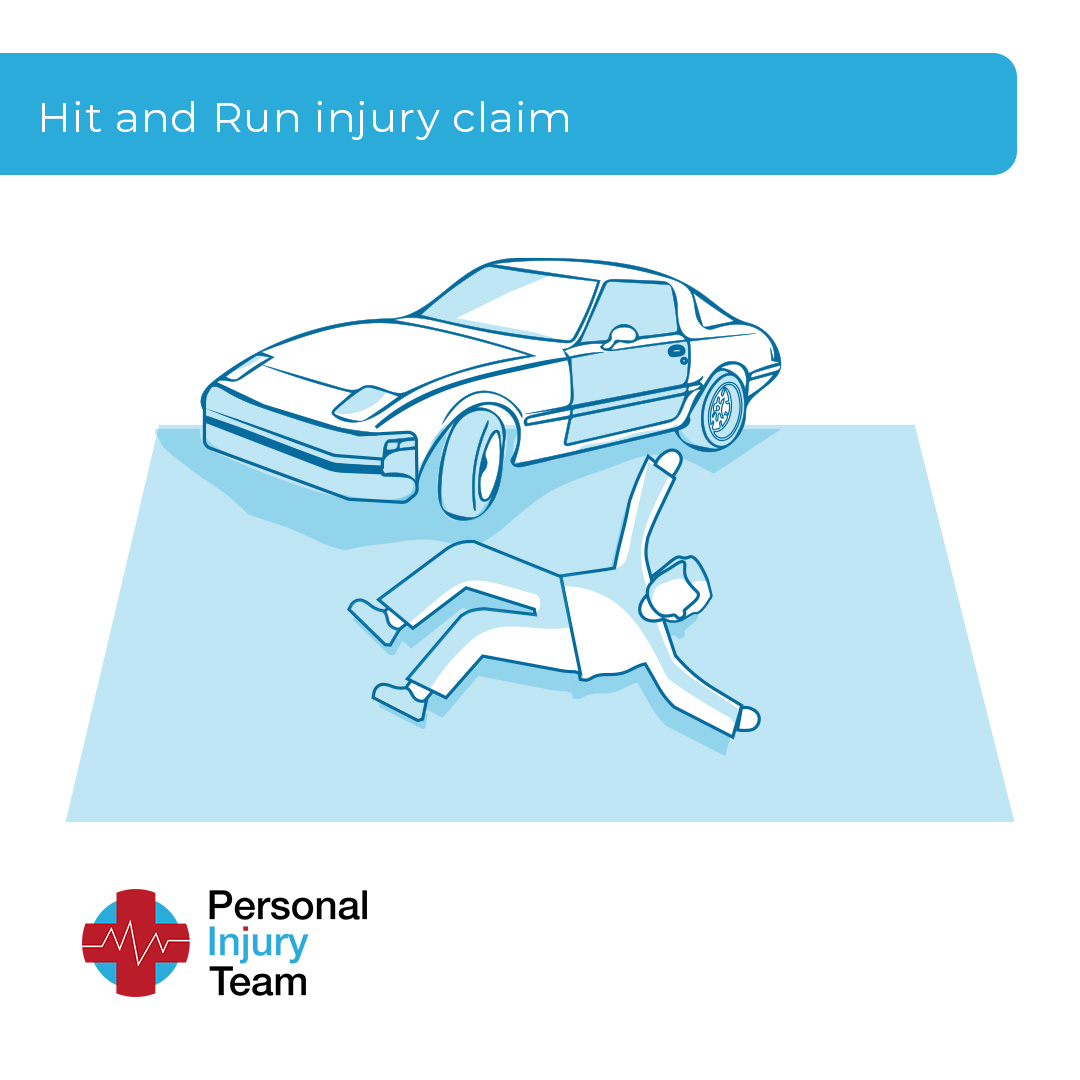
The steps to making a road traffic accident claim
Following a road traffic accident, you will need to take the steps to making a successful road traffic accident compensation claim.
The steps will help you get the compensation claim in order and may be the best way to making it a successful one.

Contact the Personal Injury Team Today
Contact the Personal Injury Team today to start a compensation claim following a road traffic accident.
The Personal Injury Team FREE online assessment tool will put you in direct touch with one of our team, who will give you a full rundown of what can happen with your road traffic accident injury claim.
Compensation amounts for any accident injury vary, and expert advice from one of our team members can give you an idea of compensation for the claim.
We can be on your side if you are dealing with the MIB and help you get the compensation you deserve.
Contact your Personal Injury Team today for immediate road traffic accident injury advice tailored to you.
